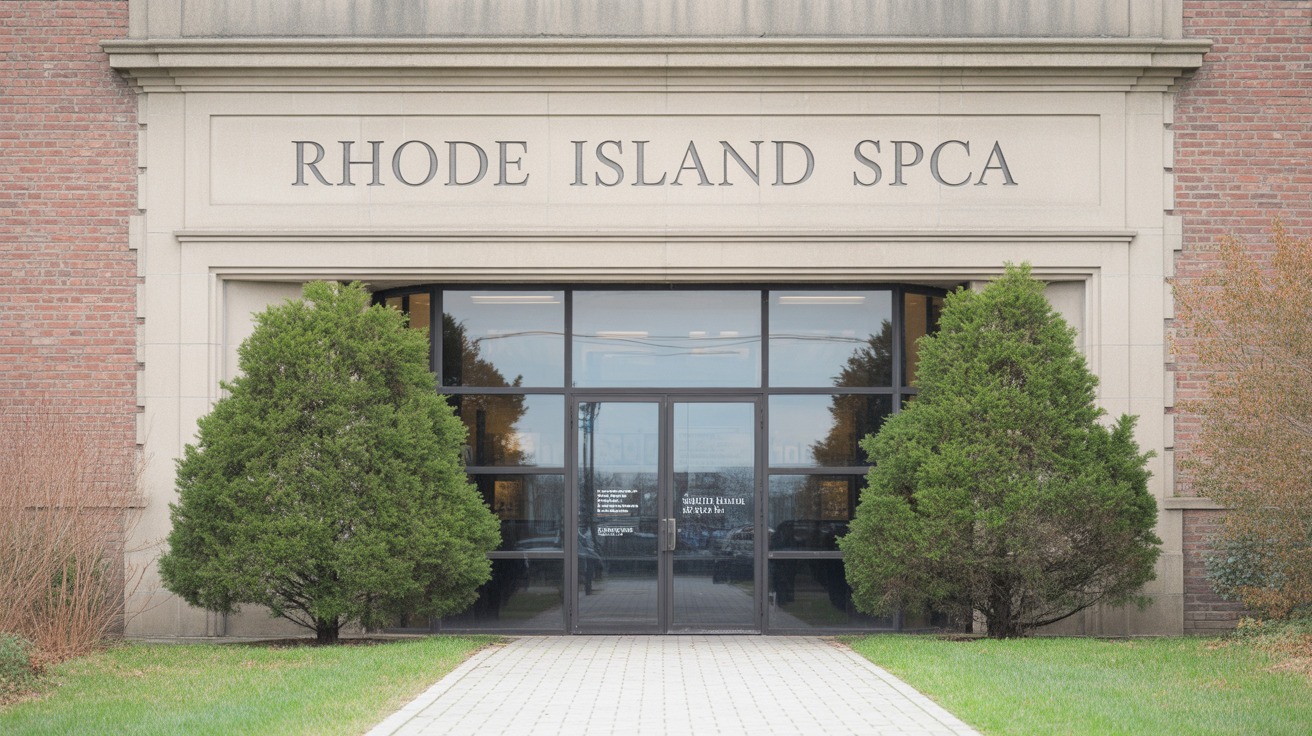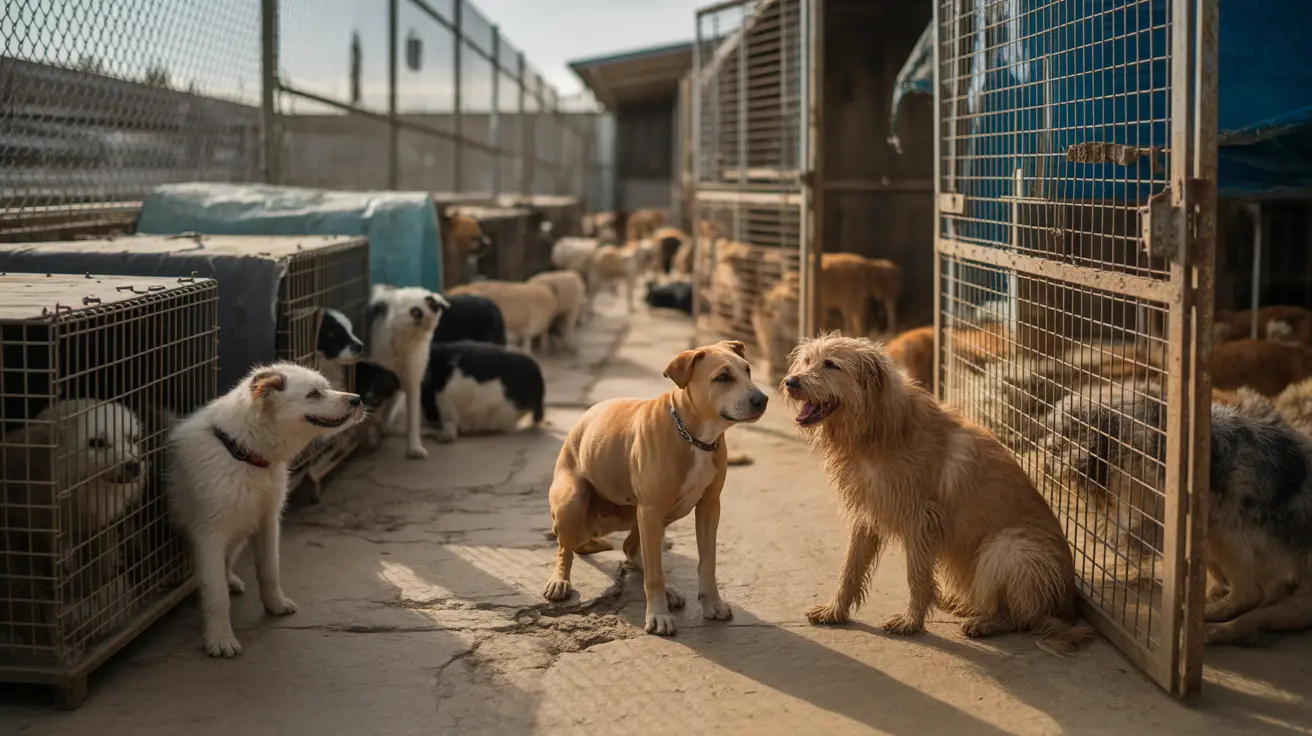As a beloved toy breed known for their silky white coats and affectionate personalities, Maltese dogs bring joy to countless households. However, these charming companions can face several breed-specific health challenges that every owner should understand and monitor.
In this comprehensive guide, we'll explore the most common Maltese health issues, their symptoms, and proven strategies for prevention and management. Whether you're a new Maltese parent or a long-time owner, this information will help you ensure your furry friend lives a long, healthy life.
Common Genetic and Hereditary Conditions
Luxating Patella
One of the most prevalent issues affecting Maltese dogs is luxating patella, where the kneecap slides out of its normal position. This condition affects up to 20% of the breed and can cause intermittent limping or difficulty walking. Early detection and treatment, ranging from conservative management to surgery in severe cases, are crucial for maintaining mobility.
Liver Shunts
Portosystemic shunts, or liver shunts, are a serious congenital condition in Maltese dogs. This condition prevents proper blood filtration by the liver, leading to toxin buildup. Watch for symptoms like poor growth, disorientation, and seizures. Treatment options include dietary management, medications, or surgical intervention.
Respiratory and Dental Health
Collapsed Trachea
Maltese dogs are particularly susceptible to tracheal collapse, affecting roughly 12% of the breed. This condition causes the windpipe to weaken and flatten, resulting in a characteristic honking cough. Using a harness instead of a collar and maintaining a healthy weight can help prevent this condition.
Dental Disease
Due to their small mouths, Maltese dogs frequently experience dental problems. Regular brushing, professional cleanings, and appropriate dental chews are essential for preventing periodontal disease, tooth loss, and associated health complications.
Metabolic and Endocrine Issues
Hypoglycemia
Particularly common in Maltese puppies, hypoglycemia (low blood sugar) requires careful monitoring. Regular, small meals and close attention to energy levels can help prevent dangerous drops in blood sugar. Signs include weakness, trembling, and in severe cases, seizures.
Weight Management
Despite their small size, Maltese dogs can easily become overweight without proper diet and exercise. Maintaining a healthy weight is crucial for preventing joint problems, diabetes, and other obesity-related health issues.
Skin and Coat Care
The Maltese's signature white coat requires vigilant care to prevent skin issues. Common problems include allergies, sebaceous adenitis, and yeast infections. Regular grooming, proper nutrition, and prompt attention to any skin changes are essential for maintaining coat health.
Frequently Asked Questions
What are the most common health problems that Maltese dogs face?
The most common health issues in Maltese dogs include luxating patella, dental disease, collapsed trachea, liver shunts, and hypoglycemia. Regular veterinary check-ups can help detect these conditions early.
How can I prevent and manage dental disease in my Maltese dog?
Prevent dental disease through daily tooth brushing, regular professional cleanings, appropriate dental chews, and monitoring for signs of periodontal disease. Start dental care routines early in your dog's life for best results.
What signs indicate my Maltese might have luxating patella or joint issues?
Watch for signs such as intermittent limping, skipping steps while walking, difficulty getting up, or reluctance to exercise. If you notice these symptoms, consult your veterinarian for proper diagnosis and treatment options.
How do I recognize and treat liver shunts and hypoglycemia in Maltese puppies?
Signs of liver shunts include poor growth, confusion, seizures, and vomiting. Hypoglycemia symptoms include weakness, trembling, and lethargy. Both conditions require immediate veterinary attention and ongoing management.
What are effective ways to care for my Maltese's skin, eyes, and respiratory health?
Maintain skin and coat health through regular grooming, high-quality nutrition, and prompt treatment of any issues. Keep the face clean to prevent tear staining, and use a harness to protect respiratory health. Regular vet check-ups help monitor these systems.
Conclusion
While Maltese dogs may face various health challenges, most can be effectively managed with proper care, regular veterinary attention, and early intervention. By staying informed about these common health issues and maintaining preventive care practices, you can help ensure your Maltese enjoys a long, healthy, and happy life.






